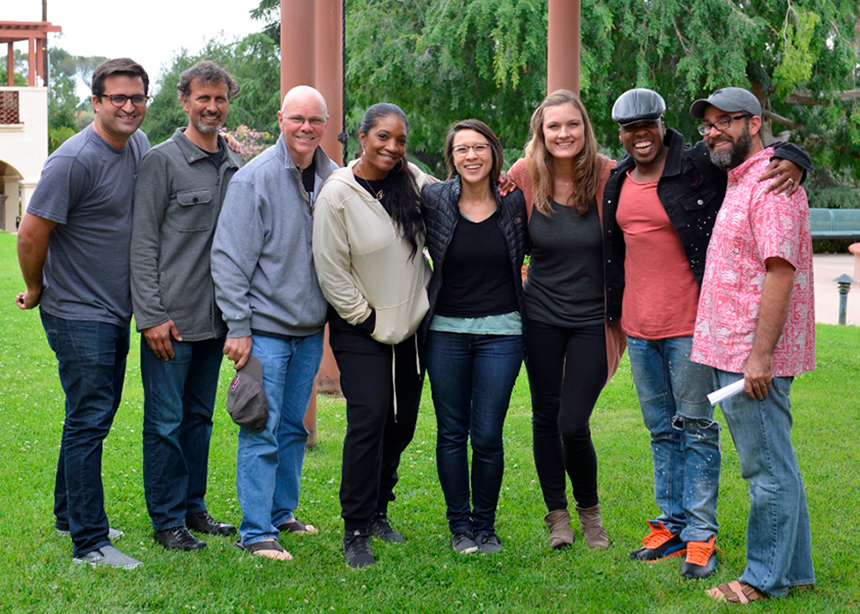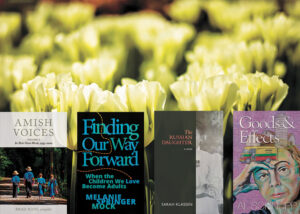Racial injustice is a blight on our society, yet many Christians have been hesitant to speak up about racism.
In Lamenting Racism (Herald Press, January 2021), a multiracial team of leading pastors and theologians invite believers into the practice of biblical lament as a powerful way to confront racism. Through their conversations in six thought-provoking videos, they guide viewers into experiencing lament as an anti-racism practice.
“Lament has become an act of worship for me as I seek to connect with God in the midst of great pain,” says Anthony Powell, lead pastor of Redeemed Life Church in Azusa, Calif. and host of Lamenting Racism. “When I lament in the presence of God and in the presence of others, I find it actually connects us in ways that God uses to keep moving us forward to confront racism and seek shalom for all people of every skin colour.”
“We find laments throughout Scripture, both the Old Testament and the New Testament,” says Rob Muthiah, professor at Azusa Pacific University and leader of the Lamenting Racism project.
“The book of Lamentations is a whole collection of laments. About one-third of the psalms are songs of lament,” he adds. “The Book of Job is essentially one long lament. Lament is heard within the New Testament as well. For example, we hear those words on the lips of Jesus on the cross where he cries out, ‘My God, my God, why hast thou forsaken me?’”
Muthiah served as a pastor for nine years and is an active member of Pasadena Mennonite Church. He is the author of The Sabbath Experiment and The Priesthood of All Believers in the Twenty-First Century.
“I used to think that a good Christian could never talk to God that way, that expressing bad emotions or questioning God are signs of faithlessness,” says Tamela Kelly, a Lamenting Racism contributor and lead pastor of the Purpose Church in Monrovia, Calif.
“But what I have learned is that crying out to God, demanding action, even questioning God and protesting against God, all this is actually an act of faith,” she adds. “You don’t cry out to God unless you believe that God will hear you. You don’t demand that God acts unless you think that God can actually do something. Lament is actually an act of worship.”







Leave a Reply
You must be logged in to post a comment.